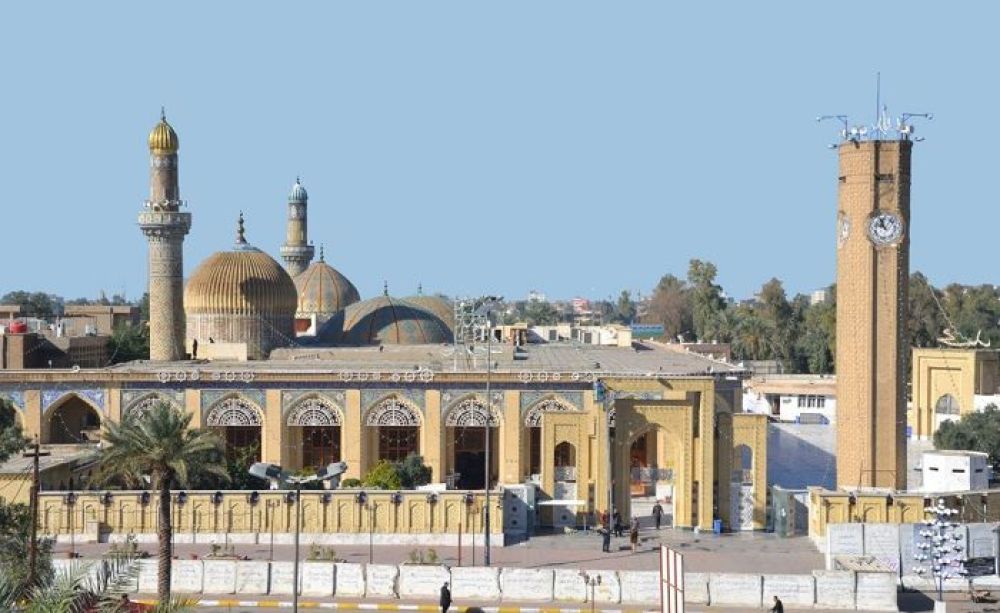

The Abu Hanifa Mosque in Baghdad, Iraq, is not only a significant center for Islamic worship but also a historical monument attracting visitors from around the world. Named after the revered Islamic scholar, Abu Hanifa an-Nu'man, this mosque holds a special place in the hearts of the Sunni Muslim community.
The origins of the mosque can be traced back to the 8th century, making it one of the oldest sites of worship in the city of Baghdad. Abu Hanifa, its namesake, was the founder of the Hanafi school of Sunni Islamic jurisprudence, one of the four major schools in Sunni Islam. The mosque is built around the tomb of Abu Hanifa, which adds to its spiritual and cultural significance.
As Baghdad has historically been a hub of Islamic culture and knowledge, the Abu Hanifa Mosque has been a pilgrimage destination for centuries. Historically, the site welcomed scholars, students, and those seeking spiritual reflection.
In recent decades, tourism to Iraq has faced significant challenges due to political instability and conflict, affecting pilgrimage and tourism to religious sites like the Abu Hanifa Mosque. However, with the improvement of security conditions in certain parts of Iraq, there has been a cautious resurgence of interest in visiting such historic sites.
The latest trend in tourism, with respect to the Abu Hanifa Mosque and Iraq in general, reflects a growing emphasis on cultural and heritage tourism. Visitors are increasingly interested in the rich history and contributions of Islamic culture as they explore significant historical sites.
Tourists who do make the journey to Abu Hanifa Mosque often engage with local tour guides to enhance their understanding of the mosque's history and significance within the Islamic world. For many, the visit to the mosque is a profound cultural and religious experience.
Today, visitors to the Abu Hanifa Mosque can expect to see a site that blends ancient history with the ongoing lived experiences of Baghdad's residents. While tourism is not at the levels seen in some other globally renowned historical sites, the mosque remains a place of pilgrimage for those able to travel there. The Iraqi government and various cultural preservation organizations are working to facilitate greater access and improvements to the site to ensure its preservation for future generations of pilgrims and tourists alike.
In conclusion, the Abu Hanifa Mosque stands as a testament to the enduring legacy of Islamic scholarship and culture in Baghdad. As the security situation in Iraq continues to stabilize, the hope is that more people will have the opportunity to explore this remarkable piece of religious and historical heritage.